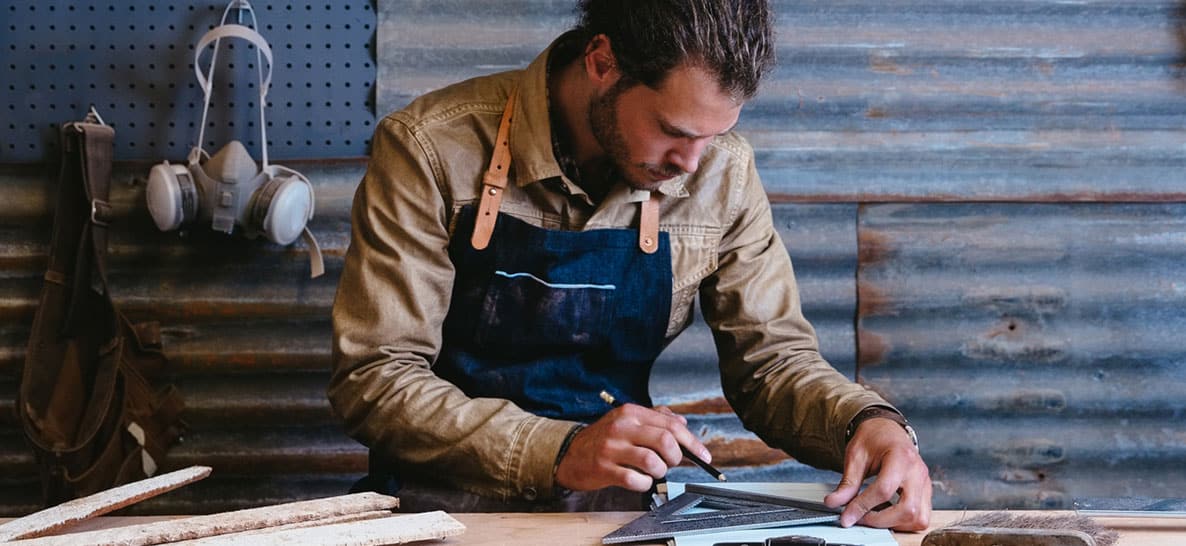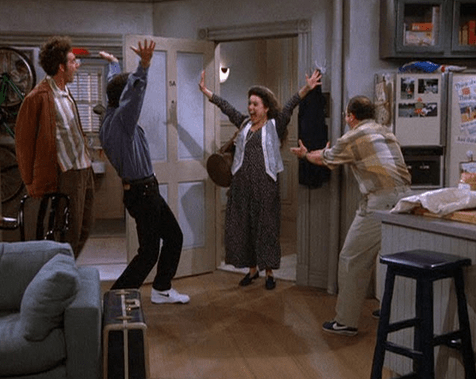
When pastor Kenton Lee lived in Nairobi, Kenya, he frequently saw children with toes poking through the ends of their shoes. These encounters sparked an idea: Why not create footwear that expands as a child grows?
Partnering with the design group Proof of Concept, Lee created “The Shoe That Grows”—affordable leather footwear that expands from size five all the way to 12.
Thanks to a successful crowdfunding campaign, Lee has sent thousands of pairs of The Shoe that Grows to children in Kenya and other developing countries. And the idea garnered so much attention that Lee will start selling them to American consumers, too.
Products like Lee’s shoes fly in the face of traditional consumerism thinking, and are disrupting long-held business beliefs.
In 1954, industrial designer Brooks Stevens helped popularize the idea of “planned obsolescence,” or, as he defined it, “instilling in the buyer the desire to own something a little newer, a little better, a little sooner than is necessary.”
But more and more young entrepreneurs are bucking obsolescence for a new business value: sustainability.
For example, the Detroit-based company Shinola makes lines of watches, leather goods, bicycles and other handmade items that incorporate timeless designs—not trendy seasonal styles—many of which are guaranteed for life.
This growing consumer ethic of durability seems also to drive the resurgence of well-established, quality-oriented brands in young, urban circles. Because, like the new crop of brands and entrepreneurs that ditch “planned obsolescence,” they understand that sustainability never goes out of style.






















